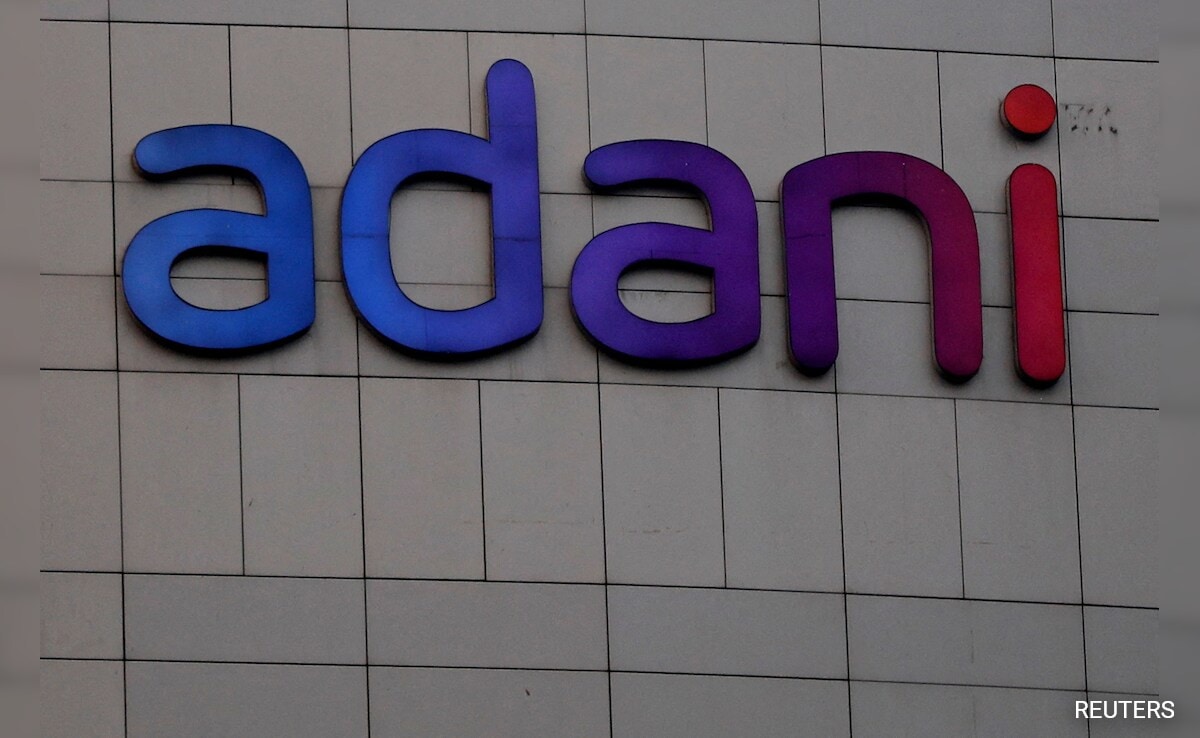

Check out these essential changes that will take place from November.
Starting November 1, a number of changes will come into effect that will affect the day-to-day lives of people across the country. These changes encompass diverse domains, especially financial regulations that include RBI’s new rule for domestic money transfers (DMT). Keeping up with these changes is crucial for effective budget management and ensuring compliance with updated guidelines. These changes will also make life easier and more secure for the people of the country. So, here’s a look at some of the major changes you should be aware of.
RBI Domestic Money Transfer (DMT) rule
The Reserve Bank of India (RBI) announced a new framework on Domestic Money Transfer (DMT) that will come into effect from November 1, 2024. These regulations are designed to guarantee adherence to current financial legislation and enhance the security of domestic money transfers.
According to the RBI in a circular dated 24 July 2024 said, “There has been significant increase in the availability of banking outlets, developments in payment systems for funds transfers, and ease in fulfilling KYC requirements etc., since then; and now users have multiple digital options for funds transfer. A review was recently undertaken of various services facilitated in the current framework.”
SBI credit card changes
Starting November 1, SBI Card, a subsidiary of the State Bank of India, will implement important changes affecting utility bill payments and finance charges for its credit card users. For unsecured SBI credit cards, finance charges will increase to 3.75% per month. Additionally, if the total amount of utility payments made in a billing period exceeds Rs.50,000, a 1% fee will be applied. This is applicable from December 1, 2024.
ICICI Bank credit card changes
ICICI Bank has also made changes to its fee structure and credit card reward program. These changes will affect services such as insurance and grocery purchases, airport lounge access, fuel surcharge waivers, and even late payment fees. This is applicable from November 15, 2024.
The rule change includes discontinuation of spa benefits, no fuel surcharge waiver for spends beyond Rs 100,000, no reward points on government transactions, spend threshold for Annual Fee, 1% fee on education payment via third party and revised late payment changes.
Indian Bank special FD deadline
The last date to invest in Indian Bank special FD is November 30, 2024. Indian Bank will now offer 7.05% interest rates to the general public, 7.55% to seniors, and 7.80% to super senior citizens on Ind Super 300 Days. For 400 days, Indian Bank will now offer 7.25% interest rates to the general public, 7.75% to seniors, and 8.00% to super senior citizens.
According to the bank website, “Special Retail Term Deposit Product “IND SUPER 400 DAYS”, offering higher rate of interest for investment starting from Rs.10000 to less than *3 Crore for 400 days in the form of FD/MMD with callable options.”
New rule for advance train ticket booking
The Indian Railways has announced to reduce the existing time limit for advance train ticket booking. Passengers will now be able to book tickets only 60 days in advance as against the previous 120-day booking period. The period of advance reservation is exclusive of the day of departure of the train.
The new rule will come into effect from November 1, 2024, and will not impact the passengers who have already booked their tickets.
TRAI’s new rule
From November 1, telecom companies will implement message traceability as part of new regulations to combat spam and fraud. This measure will monitor and track the origin of transactional and promotional messages, blocking those that fail to meet traceability standards.
LPG cylinder price update
As is customary on the first of every month, petroleum companies are set to announce revised rates for LPG cylinders on November 1. While domestic users could see price adjustments, businesses that use commercial cylinders must stay alert to these fluctuations.







